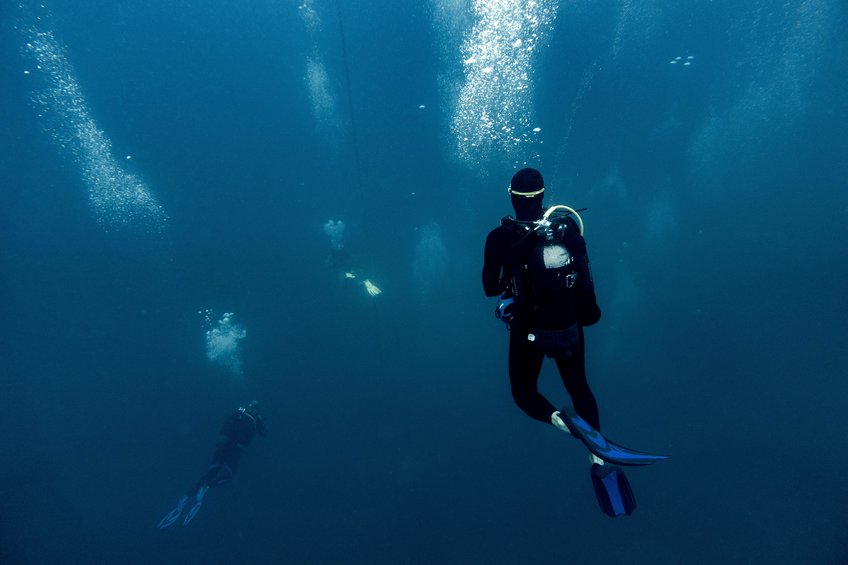
Behavioral Evolution
Our research group uses quantitative approaches to study the evolution and adaptive value of animal social behavior in natural contexts. We are interested in questions about how social behavior has evolved, what the adaptive value of social behavior is, and what the mechanisms that underlie social behavior are.
Although we are traditional behavioral ecologists at heart, we borrow computational approaches developed for model laboratory systems like Drosophila and Zebrafish, and employ them in settings where animal social behavior has evolved - Lake Tanganyika, the Mediterranean Sea, coral reefs, and tropical rainforests. Using techniques like machine vision and machine learning, automated tracking of behavior, and 3D reconstruction of environments, we aim for a quantitative assessment of the expression and value of social behavior in the places it naturally occurs.
Using many different taxa, we seek to understand how social and collective interactions are modified by current context, how animals perceive and process social cues, and how environments – both social and physical – change and are changed by social behavior. We take a broad approach, combining proximate neurobiological and genetic mechanisms of social behavior, with analyses of the physics of interactions, up to broad evolutionary and ecological studies of social influence and collective behavior. For more detailed information on our group and projects, please also visit our external lab page.




